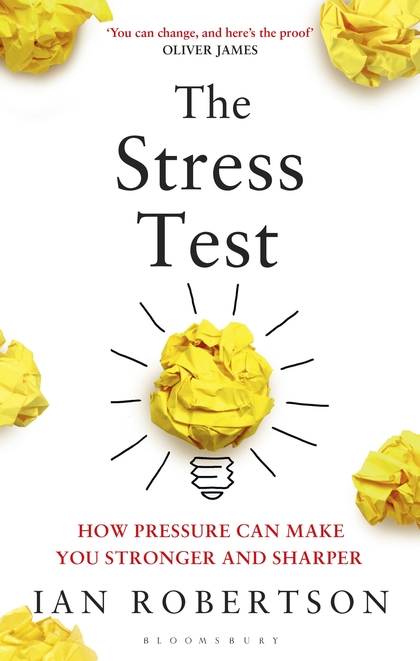
Jason paced the corridor outside the boardroom before his presentation. He could hear his pulse in his ears, and his mouth was dry. The last time he felt like this, he told himself to relax, but it didn’t work. So this time, he tried something different: “I feel excited.” Suddenly, his symptoms—the racing pulse, the twisting stomach, the sweaty palms—started to energize him. The boardroom door opened. He performed brilliantly.
This story might be fiction, but at its core lies a very real truth. The science of emotion tells us that our bodies respond similarly to many different emotions, including anger, excitement and anxiety. And recent research has shown that if we verbally put those symptoms into a different context—by saying “I feel excited” when feeling stressed, for example—we can trick ourselves into following suit. The key to all this is the neurotransmitter and hormone norepinephrine. When you’re too stressed or scared, your norepinephrine levels surge well beyond their sweet spot; when you tell yourself you’re excited, they sometimes fall back.
Of course, this trick won’t work for every emotion: it’s a lot harder to reframe stress as relaxation, because those two conditions have entirely different physical symptoms. Nonetheless, in the right context, stress can become a source of positive energy—not just a by-product of anxiety.
More Must-Reads from TIME
- How Donald Trump Won
- The Best Inventions of 2024
- Why Sleep Is the Key to Living Longer
- Robert Zemeckis Just Wants to Move You
- How to Break 8 Toxic Communication Habits
- Nicola Coughlan Bet on Herself—And Won
- Why Vinegar Is So Good for You
- Meet TIME's Newest Class of Next Generation Leaders
Contact us at letters@time.com